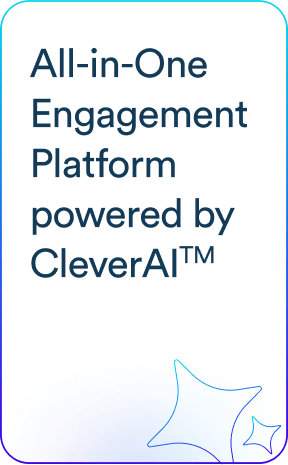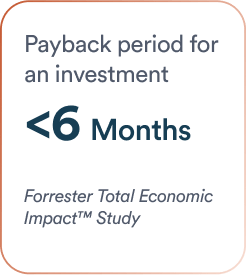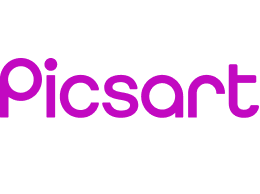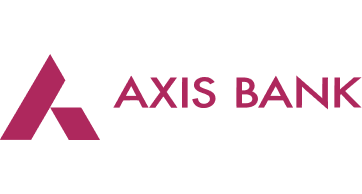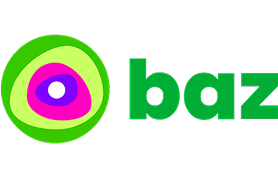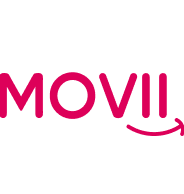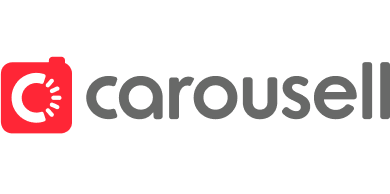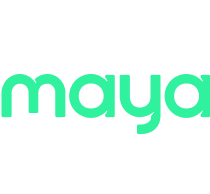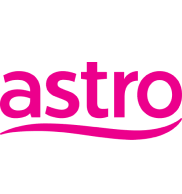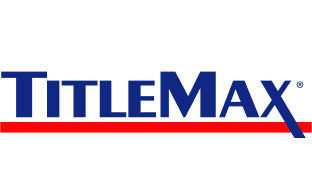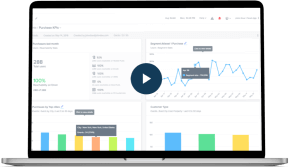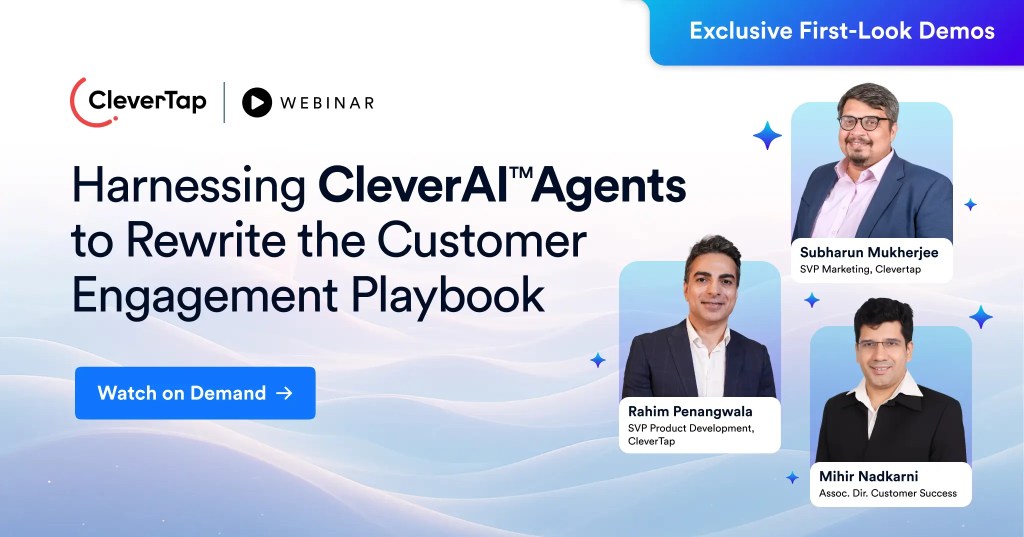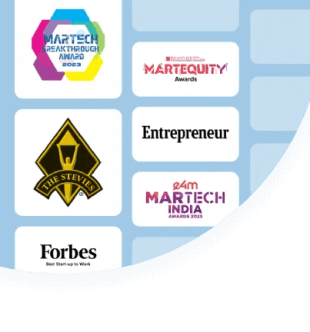Last week in San Jose, Apple held its flagship annual developer conference which not only attracts developers but also receives equal frenzy from consumers. In 2018, WWDC was focused on slight improvements and had no hardware announcements. This year the WWDC had something for everyone.
At its Worldwide Developers Conference 2019, Apple unveiled the iOS13 dark mode, the super powerful Mac Pro, MacOS 10.15, Apple Pro Display XDR, and a final goodbye to iTunes amongst other announcements. A slew of other performance improvements like 50% smaller app downloads, 60% smaller app updates, 2X faster app launch with iOS13 were also showcased at the event.
You can find the complete list of announcements with details here and here. Let’s now look at how some of the key announcements impact mobile app teams:
- Sign in with Apple – More Control to Users and Less for Marketers:
Last year’s WWDC had Apple focus on tools to track and limit the amount of time users spend on the apps. This year, the event had two major announcements that put the user in the driving seat. In the iOS13, Apple’s upcoming mobile operating system, it introduced ‘Sign in with Apple’ and another feature that tells iPhone users if apps are tracking their location in the background. Users will now have the option to allow apps to detect their location only once rather than allowing apps to detect it indefinitely or not at all.
The ‘Sign in with Apple’ feature gives more control to users by concealing their email addresses. This feature gives users an option to create a unique email address that forwards emails to their actual email addresses. So they don’t have to share email address with any app publisher. This is laid on the premise that users control their own data. While this is a welcome move, it is directly aimed to address the dubious data collection practices of Facebook and Google (pertaining to signing in on other apps using Facebook or Google). It is important to note that ‘Sign in with Apple’ will be mandatory for all iOS apps that offer SSO. Moreover, it will be available across platforms – Android or Web Apps, meaning that it can reach users beyond the Apple ecosystem.
Apple’s new sign-on button fits right in with iMessage’s focus on encryption and Safari’s push against third-party tracking, all fitting in with Apple’s broader vision of itself as a cleaner and more controlled alternative to the rest of the tech world.
How it Impacts Mobile App Teams:
In providing greater privacy and control to users (with Apple Sign in), app marketers will forgo the actual email addresses of the users. And, marketers would potentially lose out on a channel of communication. - Adios iTunes, Hello App Store for Apple Watch:
Apple eliminated iTunes from the Mac computers, in line with what it had already done with iPhones and iPads by creating separate apps for music, video, and podcasts. It also rolled the carpet for a separate App Store for the Apple Watch. Meaning that Apple Watch specific apps get their own share of visibility sans dependence on iPhones. Additionally, Apple WatchOS 6 gets Noise app, Activity Trends and a menstrual cycle tracker.
How it Impacts Mobile App Teams:
The native apps will be an imminent threat to other health/fitness apps that manage your health with similar solutions. - Easily Build Apps with SwiftUI and Reach Users Across Platforms:
It is all the more important for businesses to reach users across platforms. However, marketers often prioritize between developing apps for one platform and deprioritize for another. One of the announcements for developers at the WWDC19 was of the Project Catalyst. Simply put, Project Catalyst will allow iPad developers to easily convert their application to run natively on a Mac. This would not only increase the reach of the same app to more than 100 million people of the macOS ecosystem, but also further the cause of seamless transition as users can easily get the same apps on different devices.
Another noteworthy announcement for app developers is the launch of SwiftUI, a new framework for Swift programming language. Using it developers can build native apps across all Apple platforms that too with less code than before, making it easier for developers to build faster and better.
How it Impacts Mobile App Teams:
You don’t have to make the hard choices, between building apps for one platform over the other. At the same time, you’ll be able to extend the reach of your apps to users across platforms. Additionally, with the new UI framework, building apps gets more efficient for the app development teams.
- A Win for Voice UX:
It is fair to say that Apple is playing catch up with Amazon and Google in the voice enabled virtual assistant space. Amazon is leading the charge in making voice the primary interface to a digitally connected home. Consumers are becoming more and more comfortable with using voice enabled devices. According to a report, 55% of US households find voice enabled entertainment appealing.
At the WWDC, Apple announced enabling Siri support in third party media apps – Spotify, Pandora amongst others. Although for Siri to work on these apps, the third party apps need to incorporate the functionality and update their apps.
Apple has also released an update to SiriKit, a tool that allows developers to build apps with voice control. In a bid to improve accessibility, Apple has introduced Voice Control with iOS 13, iPadOS 13, and Mac Catalina. Granting users the ability to control their devices using only one thing – their voice.
How it Impacts Mobile App Teams:
It is a significant push for voice UX towards becoming the natural way of interfacing with the digital world. Mobile App developers will have to prioritize building apps for the invisible interface – voice.
The Way Forward
Apple’s WWDC is mostly about software it doesn’t always have hardware announcements, but this time, it did. The event was full of announcements that impacted every segment of Apple’s user base. The major ones were around data privacy. Apple has been going big on the privacy angle. Especially when the likes of Facebook and Google don’t. It would be interesting to see how these privacy enabling features turn out to be. What do you think? I would like to know your thoughts as well. Let’s discuss in the comments section below.
Subharun Mukherjee 
Heads Cross-Functional Marketing.Expert in SaaS Product Marketing, CX & GTM strategies.
Free Customer Engagement Guides
Join our newsletter for actionable tips and proven strategies to grow your business and engage your customers.

